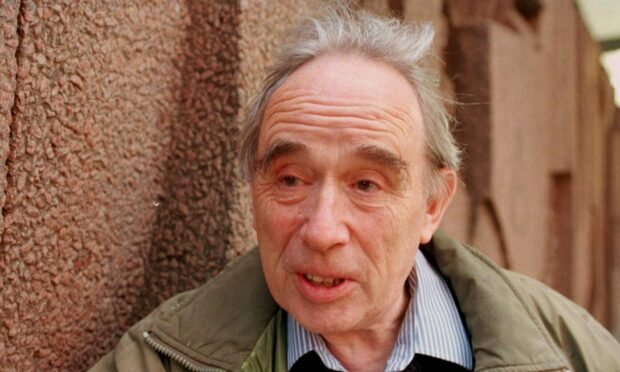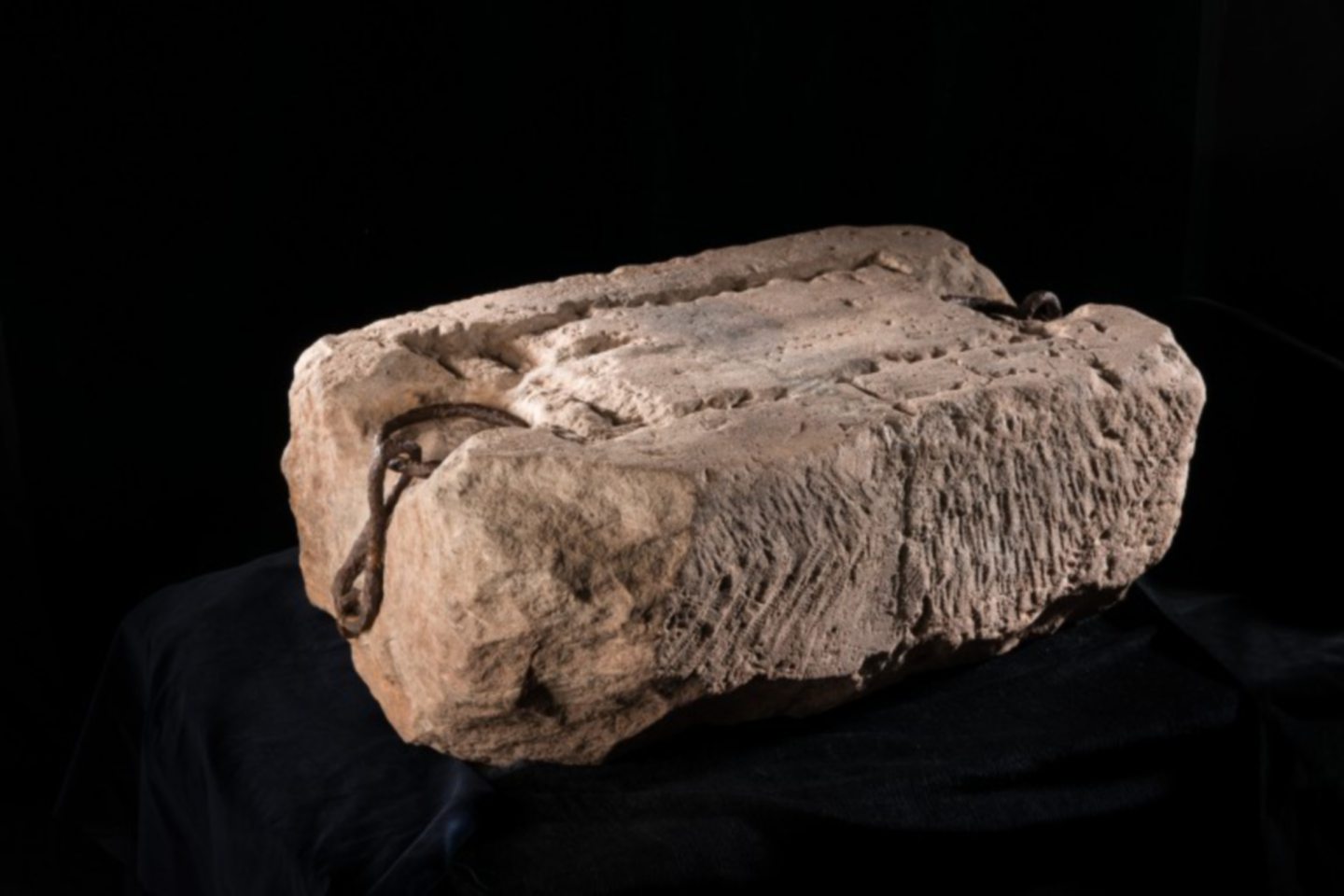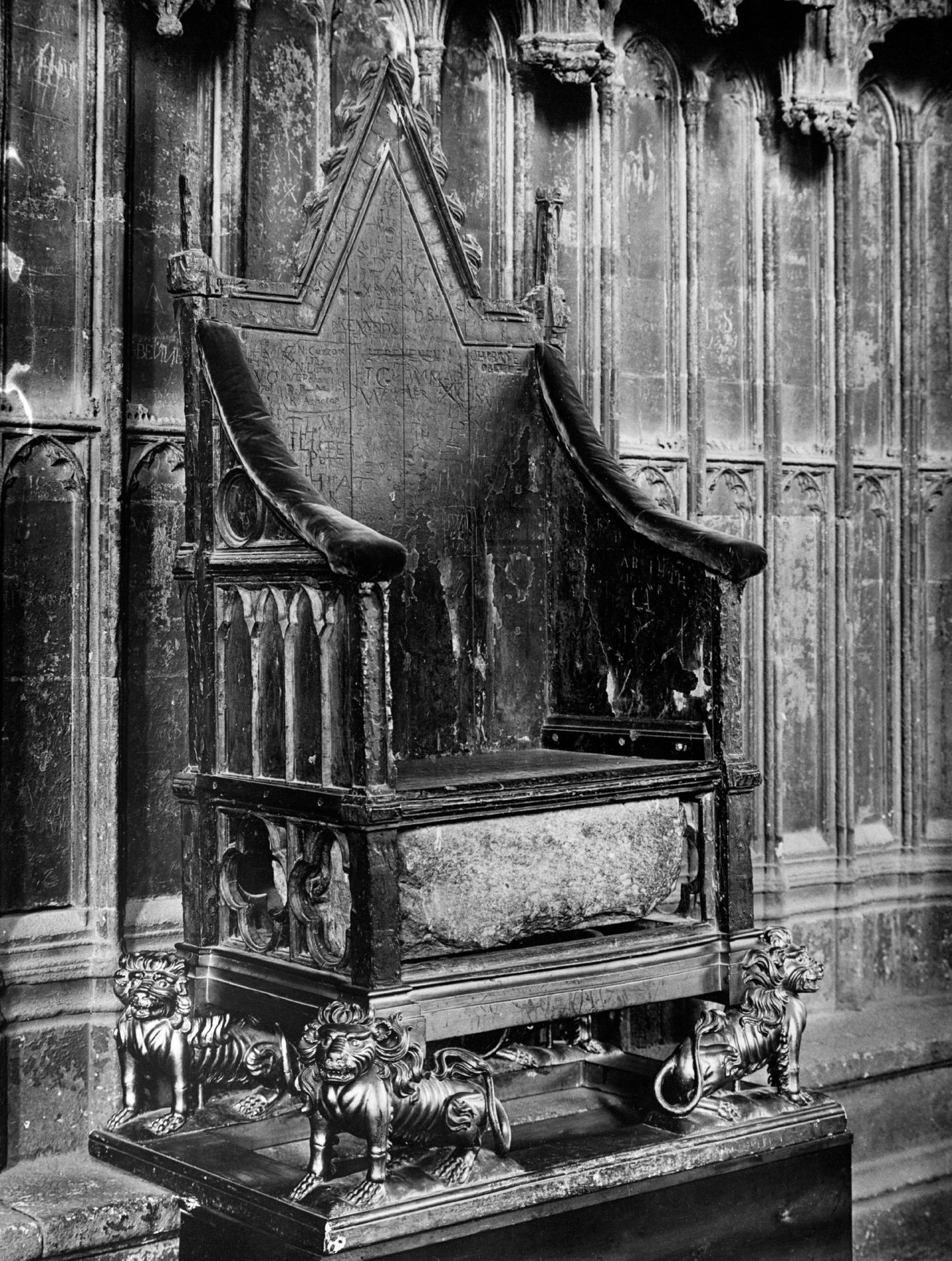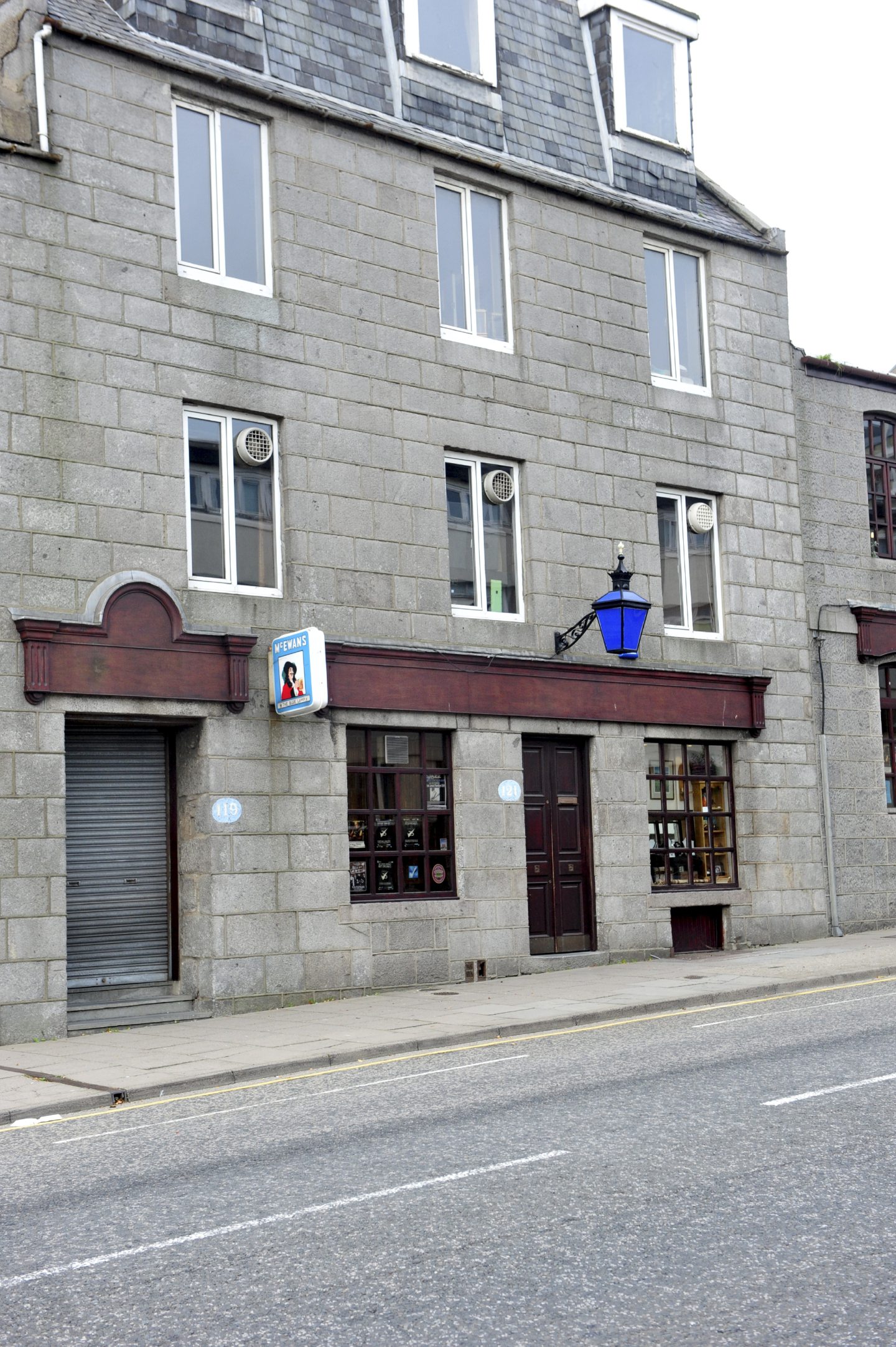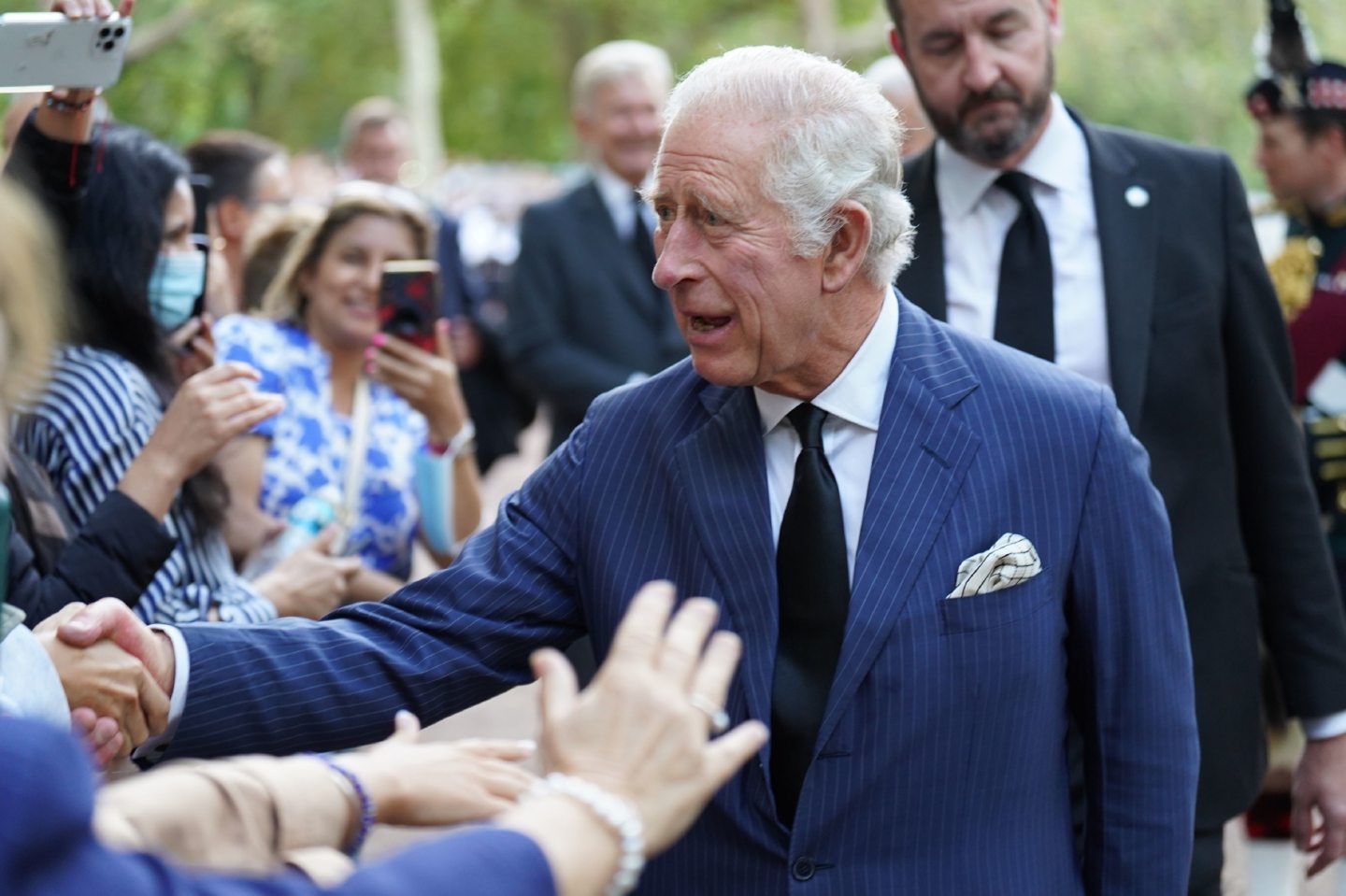There was no standing on ceremony when Ian Hamilton QC was installed as the new rector of Aberdeen University in February 1994.
All off 44 years had passed since Hamilton, who has died at 97, was involved in one of the most audacious incidents of the 20th century when he and three other students removed the ancient Stone of Destiny from Westminster Abbey in London on Christmas Day in 1950 and brought it back to its homeland.
The stone, used to crown the kings and queens of Scotland for centuries, was smuggled out of England and a nationwide hunt ensued, with the border even being closed for the first time in hundreds of years, but Hamilton and his colleagues weren’t caught.
Instead, the group ended up handing over the artefact to the Church of Scotland in April 1951, and, at the time, the move was hailed as a triumph of Scottish nationalism.
Even later in his life, Hamilton never stopped fighting for the causes in which he believed and he made quite an impression when he arrived in the Granite City.
His maiden speech caused uproar in some quarters – and, even as he and the university students went celebrating in a city hostelry, he tore up the traditional schedule.
Hamilton used his acceptance address to spring to the defence of a convicted anti-English activist who had helped to get him elected.
He claimed that Settler Watch activist, Sonja Vathjunker, 29, had been on the receiving end of press victimisation, but a north-east Tory MP, George Kynoch claimed his comments were “insulting” and “an embarrassment to the university”.
Ian had no time for platitudes
The Press and Journal reported on how Hamilton ruffled feathers by entering into a typically passionate argument about the right to free speech.
It said: “He made it clear he did not support the actions of Vathjunker – a Gaelic-speaking doctorate student fined for flyposting anti-English material in Deeside. But he said Settler Watch received more publicity than it deserved because she was German.
“Hands are being held up in horror at the Deeside gentry being made to feel uncomfortable by a German,” he said, with a rhetorical flourish.
“How many of the Deeside gentry have learned Gaelic? How many of them hold doctorates of philosophy in Scottish history?
“The Deeeside gentry probably don’t give a damn, but sections of the press have acted with all the hypocrisy of a harlot stoning a woman caught in adultery.”
This last remark was the catalyst for a shocked buzz among the students and officials, but Hamilton, who had defeated comedienne Jo Brand to gain the rectorship, was unabashed by any uproar he might have caused.
And Students Representative Council president Amanda Monk, said while a political spat subsequently erupted: “As the rector himself said, he is a bit of a loose cannon.”
SNP leader, Alex Salmond responded: “We should not be condemning her because she is German. We should be condemning her because what she did is wrong.”
Yet, even as the rumblings continued, the rector kept tilting at windmills.
This was obvious when the ceremonial proceedings were finished and it was time for Hamilton and his younger colleagues to let their hair down and celebrate.
It had long been the custom, following the pomp of the installation, for the newly-elected official to retire to the nearby Kirkgate Bar for a drink or five, carried to the pub on the back of an Aberdeen Angus bull, crafted mainly from string and wood.
But, as the Evening Express reported: “Mr Hamilton, who was involved in the theft of the Stone of Destiny, wasn’t interested in the status quo. Instead, he went along with the students who decided to skip the Kirkgate and go to the Blue Lamp in gratitude for the support the landlord, Sandy Brown, had given the university’s students and clubs.
“This left them with another challenge, since the ‘Lampie’ is a little further from Marischal College than the Kirkgate, so, to make life easier for the students, and the journey smoother for Mr Hamilton, wheels were added to the bull.
“He climbed on to it and the journey started, with police officers on hand to ensure he would be able to travel safely through the traffic in the city centre. However, before the throng had even left the quadrangle, he had dismounted.
He was happier on a bike than a bull
“Mr Hamilton is well used to sitting astride a motorcycle, but found the contours of the bull considerably less comfortable and decided to preserve his dignity by walking to the pub beside several civic figures and former rectors.”
It was a typically bravura afternoon’s work and bonhomie-filled evening’s entertainment for Hamilton, but this wasn’t the only time he was involved in controversies during his tenure in the north east which lasted until 1996 and included a series of disagreements with the university principal Maxwell Irvine.
And one of them even dragged him into a dispute with the now King Charles III.
The row broke out in November 1994 when Hamilton published his latest book A Touch More Treason, in which he described Irvine as “authoritarian”.
He had sparked criticism with his reaction to the news that honorary degrees were being granted to Prince Charles and the Sultan of Brunei to mark Aberdeen University’s 500th anniversary.
As the Press & Journal reported: “He thought that the degrees should not be cheapened by giving them to ‘a social and intellectual nonentity like the Prince of Wales.”
That was Ian Hamilton in a nutshell. If he believed something, he really believed it. And if it caused offence, that was somebody else’s problem.
